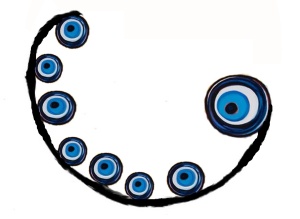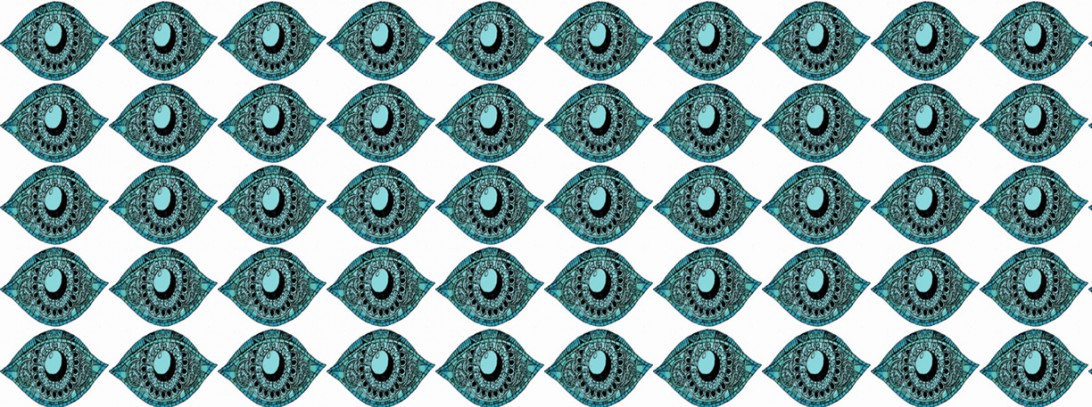This year, I completed an accountability process that was…well, gorgeous. It was challenging, lengthy, radical, honest, transformative. It has also been an outlier over the last nine years – one that has bolstered my commitment, big time, in this life’s work.
What was different this time? I am hesitant to use the word failure, because I parent three teens (solo) in the teachings of lessons and consequences. Of course, Rihanna’s oft-quoted tattoo (“never a failure. always a lesson”) is with me as I write. Still, there have been losses, breaks, heart-breaks, break-ups, and so many unexpected disappointments over the last nine years of practicing TJ and accountability, both formally and informally. There have been swells of pain so great that I thought my body would hold onto it forever. It did not, and the pain dissipated with time. And each next time, I recognized a bit more capacity in me to hold a bit more, each time with less feverish fear of misstep or judgment. It feels important, now, to name the differences and lessons that unfolded with this recent process.
Reflections and lessons:
- Deep desire and mutual recognition must embrace one another tightly at the beginning of any accountability process. The “conditions, the conditions,” as Angela Davis often used to often say, were ones that were right at the start. The process was wholeheartedly voluntary on both sides. We committed – despite all that was swirling around us — to the time it would take, which we acknowledged right away, would be at least a year. Importantly, we trusted one other enough to get started, and we built trust, intentionally, as we moved forward. We met in person when we could, Zoom-ed when we couldn’t. We were honest about our capacities and limitations throughout the process. We honored the sanctity of the process, as well as its privacy. We took care of ourselves after our meetings and in between.
- Where is your heart? This question is such an important, necessary self-interrogation for those of us engaged in community accountability work. This time, I said yes because I was certain my heart was ready, which is to say, the radical honesty and non-judgment I needed were present and pulsating within me. This has not always been the case, and I have failed to recognize this, at times, in the past. Even more than capacity, I believe, a heart- commitment is everything. My time is much more limited than most: I am a single mama to three teenagers, work a full time job, and am committed to two (very) time consuming, long-term community projects. I also prioritize my own wellness in all that I do. We have to make sure that we are willing to commit for the long ride; that we are committed to our own mundane, ongoing healing practices; and we have to be honest when our capacity is strapped.
- Listen, intently, up front. Listen to both sides, beloved friends of those involved, listen to each person closely. Ask questions. Listen some more. Ask more specific questions. Be committed to texture over truth. Ears over mouth. Heart over head.
- Kill the noise quickly. This process began with many community folks weighing in, passing judgment, choosing sides, being quick to cancel. Anxiety levels were very high at the start. Whoa. Before beginning a process, it can be important to meet with the sources of ‘community noise,’ explain the work of TJ and also, explain to folks how accountability processes work. Leave space to listen to their doubts and personal grievances. Then: Set hard boundaries, kindly. I found myself sounding like a broken record at the start, sharing just enough information to set boundaries needed for the process to fairly begin, while safeguarding both its sanctity and privacy. One of the most beautiful things about this process, was the clarity and wisdom that lived and breathed within the person who had been harmed, even through grief, anger, frustration and doubt that, at times, bubbled to the surface over the course of our year together. As such, I followed their lead, saying things like:
“Both parties are fully committed to this process”
“The person who has been harmed is really clear about what they want and need right now”
“You cannot be a part of this process with them; this accountability circle is closed to X, Y, Z”
“In order for this process to be successful, it is important that these two people have the privacy they need”
“I ask that you please refrain from sharing any details about the process you know, or think you know, with folks you share community with”
- Don’t go it alone. Hirut reminded me of this at the start, a great reminder from our training with the Bay Area Transformative Justice Collective years ago. I live in a (very) young TJ community, and the folks I may have initially turned to as co-facilitators at the beginning lacked the capacity for a process – either in time or trauma. We took care and time to find the right accountability team, which is to say, we found folks who were no stranger to difficult conversations, harm, and shared a political commitment to wade through layers of harm with heart and integrity. What we lacked in experience, we made up in curiosity. We negotiated our needs and capacities together often. We offered each other grace. And, radical honesty. Even after one of our supporting members needed to step away, we were able to continue on.
- Be reminded (and re-reminded) that conflict does not create a foundation for friendship. Perhaps, it does for some. But, this is not – cannot — be a goal at the start. It is important to self-check in regularly, I found, about ones personal threshold for “likeability.” In short, we were not together to be liked, but rather, to work. And to be honest and helpful.
- Finally: Community accountability work happens within community, not outside of it. With TJ, we need our community to grow as we grow. This bullet point requires some detail.
One of my greatest lessons over the last decade has been understanding how important it is to understand the pulse of organizations, elders, visible community leaders, and churches in a community in relation to TJ. What is known and misunderstood about this thing called “transformative justice?” What do we assume people understand or accept about TJ, that we are actually deeply mistaken about? Where are people especially resistant to TJ in our community, and why? I have mis-stepped, mightily, in the past with the false belief that those in my communities would somehow align themselves with an accountability process or other accountability measures we were attempting. Oh, how wrong I was.
This shortsightedness early on cost me dearly and broke my heart more than once. At the start of this recent process, I understood that transformative justice was in its infancy in my new community. Lots of people I spoke with knew people who had harmed, harmed and scattered, or harmed and been banned from community spaces. Some had simply been cancelled. But, no one I spoke to had seen or heard of a community accountability process gone right. It is also fair to say that I initially encountered a strong drive towards the statist impulse of cancelling people who had harmed, despite a burgeoning local abolitionist movement in the aftermath of the execution of brother George Floyd. In this, I was much more curious than angry, which is to say, I was ready. I created a BIPOC TJ community study group at the same time as the process began. I spoke often about the importance of study alongside action. I spoke about TJ with folks I organized with, especially elders, whenever the opportunity presented itself.
I was also, by a stroke of good luck, invited to facilitate a TJ workshop at our Anarchist Book Fair early on in the process. Dozens of community members attended, and the workshop was generative, even when difficulty presented itself real-time: When a (Black) man, waiting nearby at the bus stop, overheard me talking about “abolishing police and prisons,” he became incensed and began screaming that I was “stupid” and “ignorant.” I got to model TJ real time as I bantered back and forth with him. When it was clear that a two way conversation was impossible, a few people in the workshop group intervened until he boarded the bus and took off. When I think back to this moment, I often think about how important it was for a group of 50 or so people to witness my response to his anger in the heat of the moment.
How are you thinking about the young TJ community you are a part of, as you study, practice, and attempt accountability? How are you helping to facilitate learning that reaches widely and into the tight spaces of resistance that, if unattended, will eventually reach back to us?

